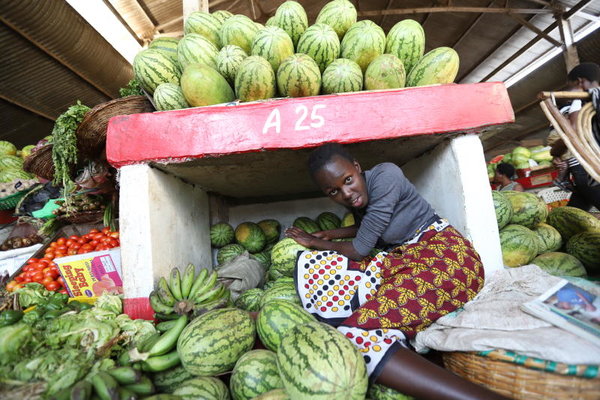×
The Standard e-Paper
Fearless, Trusted News

?The Government has allocated more than Sh16.4 billion to the agricultural sector to improve the productivity of small-scale farmers and cushion the sector against climatic shocks.
In the spending plan for the 2018-19 financial year presented in Parliament Thursday, Treasury allocated Sh25 billion to the agricultural sector with key focus on irrigation and crop insurance for small-holder farmers.